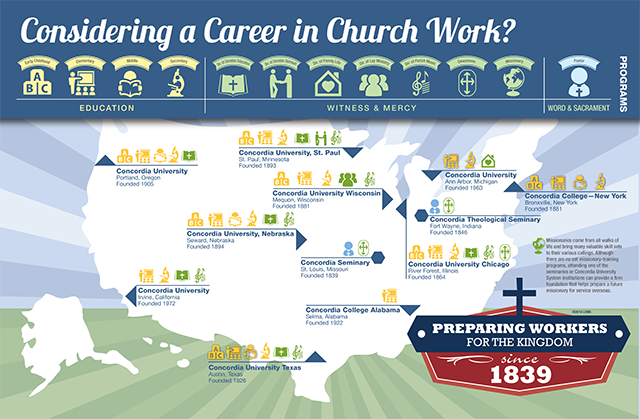Examine The Engaging Transformation Of Catholic Schools And Their Notable Influence On Education And Learning-- Might Their Customs Open The Potential For Future Learning?
Examine The Engaging Transformation Of Catholic Schools And Their Notable Influence On Education And Learning-- Might Their Customs Open The Potential For Future Learning?
Blog Article
Web Content Create By-Ahmed Bell
When you take into consideration the background of education, Catholic schools stand out for their deep-rooted practices and long lasting impact. These organizations started as a way to impart faith and values, however they've adjusted incredibly over centuries. Today, they play a crucial role fit not simply academic success but additionally moral integrity. What's fascinating is how they've taken care of to thrive amidst transforming cultural landscapes, raising questions concerning their future significance and effect.
The Beginnings of Catholic Education And Learning: A Historic Perspective
Catholic education and learning traces its origins back over 1,500 years, when early Christian areas acknowledged the demand for structured knowing. You'll discover that these neighborhoods aimed to hand down their faith and worths via education and learning.
Monasteries and basilica colleges ended up being centers of discovering, nurturing both spiritual and intellectual development. As you dive deeper, you'll see that the educational program commonly consisted of ideology, theology, and the liberal arts, developed to create versatile people.
In time, the Church developed a lot more formal establishments, making sure that education and learning continued to be available to all. The commitment to training moral worths and promoting a feeling of area has lingered via the centuries, forming the educational landscape and influencing numerous lives worldwide.
High School Christian schools Near Suttons Bay enduring legacy remains to influence Catholic education today.
The Advancement of Catholic Colleges With Cultural Contexts
As societies progressed, so did the duty of Catholic schools, adjusting to the cultural contexts in which they existed. In https://click4r.com/posts/g/21233924/an-informing-journey-is-on-the-horizon-as-catholic-education-blends-co , these institutions concentrated primarily on religious direction, however as neighborhoods branched out, they started to incorporate neighborhood languages, personalizeds, and educational needs.
You would certainly discover that Catholic colleges commonly came to be centers for social communication, fostering a sense of belonging amongst students from various histories. In lots of areas, they attended to societal problems, such as poverty and discrimination, by giving easily accessible education for all.
As you check out various societies, you'll see exactly how Catholic schools have shifted their curricula and training techniques, showing the worths and difficulties of their settings while holding to their fundamental goal of belief and scholastic excellence.
The Modern Duty and Effect of Catholic Schools in Society
In today's globe, Catholic schools play an important role fit not just the educational landscape, however additionally the broader neighborhood.
You'll discover that these organizations highlight values like regard, concern, and social justice, cultivating well-rounded people that add positively to society. By concentrating on academic excellence and ethical growth, Catholic schools prepare trainees for future obstacles, supporting vital reasoning and leadership skills.
They commonly offer varied populations, bridging voids in accessibility to top quality education. Additionally, you could discover their commitment to solution, motivating pupils to engage in community outreach and volunteer job.
This mix of education and learning and ethical support makes Catholic schools a considerable pressure, cultivating accountable people who can affect their areas for the better.
Conclusion
To conclude, Catholic colleges have an abundant history that's shaped their enduring impact on culture. You've seen just how they've adjusted to various cultural contexts while maintaining a commitment to belief, worths, and academic quality. Today, they remain to play an essential duty in promoting area, advertising social justice, and nurturing liable people. As you reflect on their legacy, it's clear that Catholic institutions remain an effective pressure for positive change on the planet.
